Personal hygiene is how one cares for the body. Daily, we come in contact with millions of external germs and viruses. They can stay on the body longer than usual and in some cases, they may make one ill. Personal hygiene practices can help you and your family avoid illnesses caused by these germs. These practices also improve confidence and self-esteem.
Personal hygiene for kids
Personal hygiene not only helps in keeping your kids healthy but can also prevent the spread of infectious diseases. Teaching children about hygiene and creating a personal hygiene routine for them early is important as they are more vulnerable to infections.
However, educating kids as they grow is a very engaging and tough process. Babies are always grabbing anything they see with their little hands and sometimes put the objects in their mouths. While this is part of a baby’s growth and development cycle, it is often unsafe for babies to come in contact with everything they see. Items including toys can be unhygienic thereby predisposing them to contagious diseases. Therefore, learning healthy manners from a young age is important to ensure that your children remain safe and healthy.
Here are 10 personal hygiene tips you should teach your kids and when to introduce these practices;
1. Teeth Brushing: You can begin brushing your baby’s teeth and gums immediately after the first tooth pops up. They can brush by themselves at about 3 years old but it’s important to stay with them to ensure they are brushing correctly and long enough. To aid them to brush long enough, play a 2-minute song they enjoy. Also, you may have to continue flossing for them until they’re older and can handle that task better at about age 7. Encourage your child to brush twice a day and clean mouth corners properly.
2. Bathing: The best way to keep your child clean and healthy at all times is by giving him/her a bath regularly. Dettol original and Dettol cool are great options to try as soap of choice. As they grow older, about age 5, they should be able to handle this task on their own. You need to supervise them while bathing and ensure to teach them about washing all the different body parts, especially the armpits, groins, neck, belly, knees, elbows, back, and feet. Dettol antiseptic liquid can also be mixed with bathing water to kill germs in the water during bath times.
3. Hand Washing: Frequent hand washing can reduce the chances of contracting diseases such as diarrhoea. The simplest way to practice hand hygiene is by teaching your child how to wash the hands thoroughly. Teach them a step-by-step demonstration on handwashing and ensure he/she gets all the steps right.
- Wet your hands with water.
- Apply Dettol soap to your hands and rub to form a lather.
- Clean between the fingers and under the nails.
- Wash the soap away entirely with clean water.
Let your child form a habit of washing his/her hands after - using the bathroom/toilet, playing outside, cleaning the house, touching an animal, meeting a sick friend, sneezing or coughing, before and after eating, coming from outside whether the school or park, playing with toys.
You can teach your child to sing the ABC song while they wash, it’s 20 seconds long, which is an ideal washing time. When water and soap are not available, you can use Dettol hand sanitiser.
Has your family been practising safe health hygiene?
Show us what you’ve got!
Enrol your child in the DETTOL “GERM-FREE HANDS” CHILDREN PHOTO COMPETITION and you could be one of the 10 lucky winners to win cash prizes.
Learn more about the competition
4. Nail Hygiene: Children’s nails accumulate lots of dirt and microorganisms as they tend to play outside or on the floor often. You can trim your child’s nails when they’re still babies, but as they grow older, you can help them care for their nails. Teach them to cut their nails often under close supervision. Also, encourage your child to scrub and wash under his/her nails thoroughly to ensure that they are clean at all times.
5. Hair Care: Poor hair hygiene in children can cause problems like dandruff, lice, and infections of the scalp. Wash your child’s hair at least two times a week to keep the hair free from grease and dirt. For children old enough to wash their hair, assist them to apply shampoo and rinse the hair properly. If your child has head lice, make sure you treat it immediately. Also, instruct your child to avoid sharing comb, pillow, hats, or caps with other children.
6. Toilet Hygiene: The bathroom or the toilet is one of the rooms in the house that contain the maximum no of germs. Dettol Antiseptic Liquid both in toilet & home hygiene can be used as a household disinfectant. It can be used to wash surfaces and clean your toilet to protect the children against germs. Teaching your child the right toilet hygiene will help prevent diseases prone to spread by using an unclean bathroom. Healthy toilet habits to inculcate in your children include wiping or washing after passing a stool, flushing after using the toilet, handwashing every single time they use the toilet. The best way to help them master this habit is by staying with them and guiding them through the whole process.
7. Sleep Hygiene: Sleep is very important for children and adults alike. Sleep hygiene includes activities that help children get a good night’s sleep. Encourage good sleeping habits by creating a relaxed environment, singing a lullaby, putting your child to sleep every day at a fixed time and eliminating products containing caffeine from their diet.
8. Coughing and Sneezing Hygiene: Sometimes, children get infected with a common cough or a cold. Prevent your child from spreading infections by teaching him/her how to sneeze or cough by covering the mouth and nose. Also, instead of using their hands, encourage them to use a handkerchief. If they do not have a handkerchief, teach them to use their sleeve or elbow instead. This avoids the spreading of germs from their hands. Dettol hand sanitiser should also be used after sneezing to avoid spreading germs.
9. Food Hygiene: Unhealthy feeding habits could lead to food poisoning, which causes vomiting, diarrhoea, or tummy pains. Teach your child food hygiene habits such as frequent handwashing when helping in the kitchen, thorough hand washing before touching or handling food and keeping food plates covered always.
10. Home Hygiene: Teach your child to wear clean clothes every day. If your child likes a particular outfit, teach him/her to wear it only when it is clean. Inculcate the habit of cleanliness. Encourage your child to pick up their dish after eating, put it in the sink, and wash his/her hands. Use Dettol Antiseptic Disinfectant Liquid to clean the floor and surfaces of your house to keep everywhere germ free.


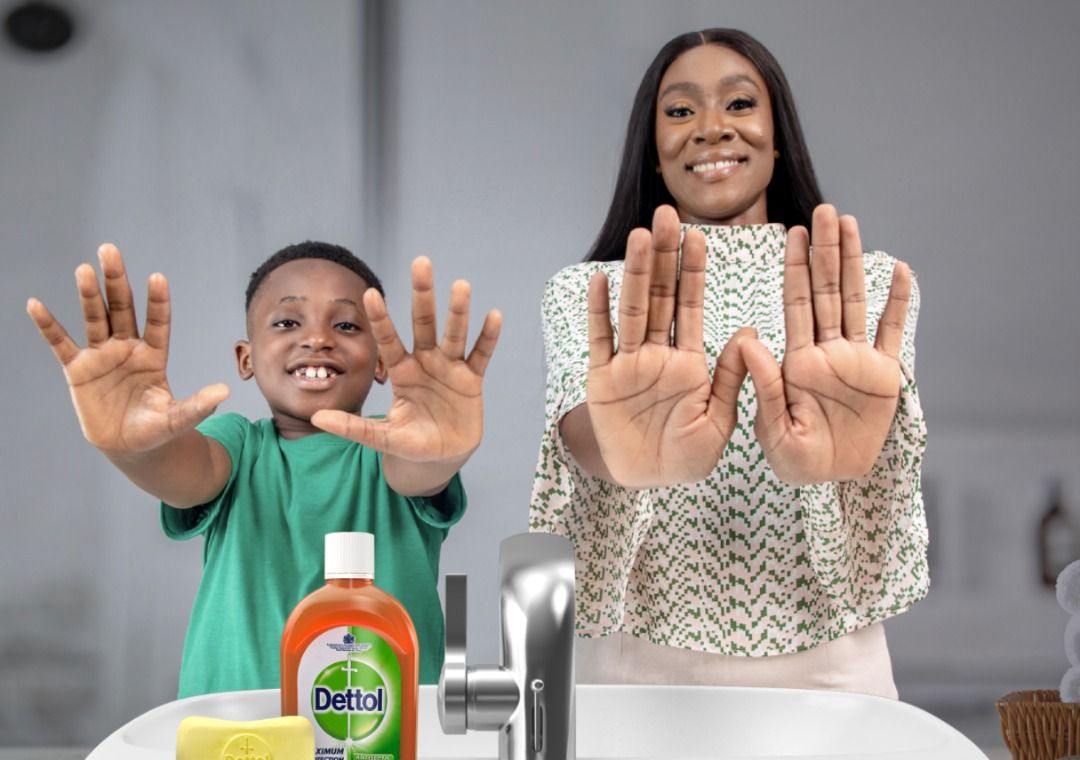



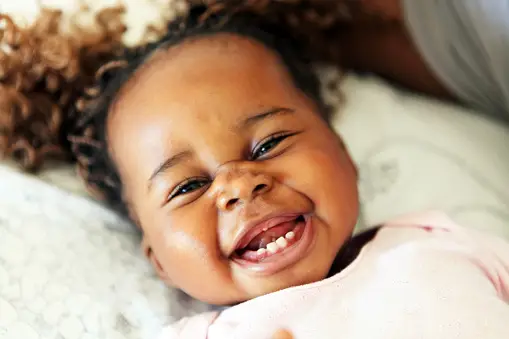
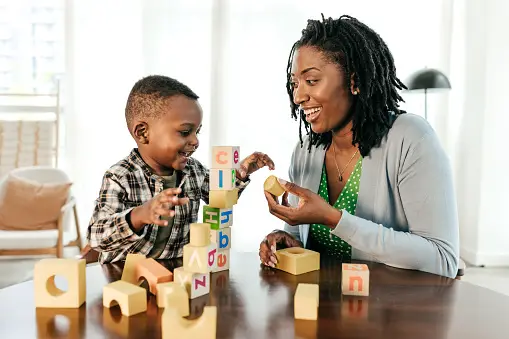
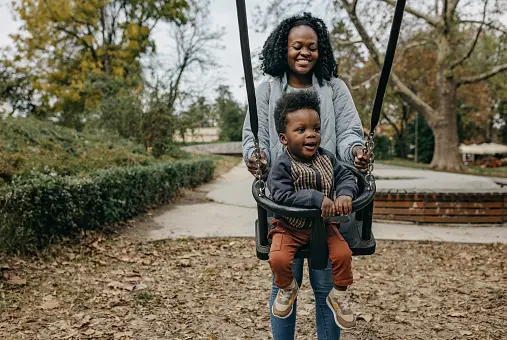
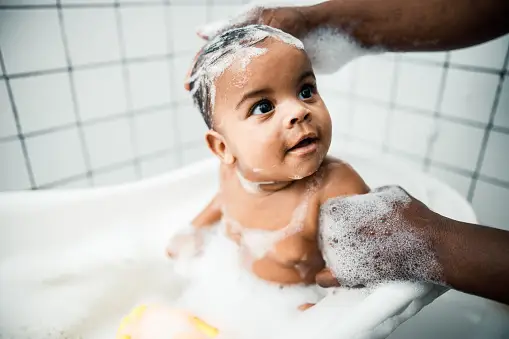
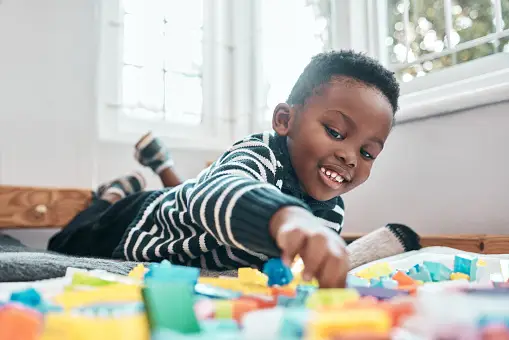
Comments